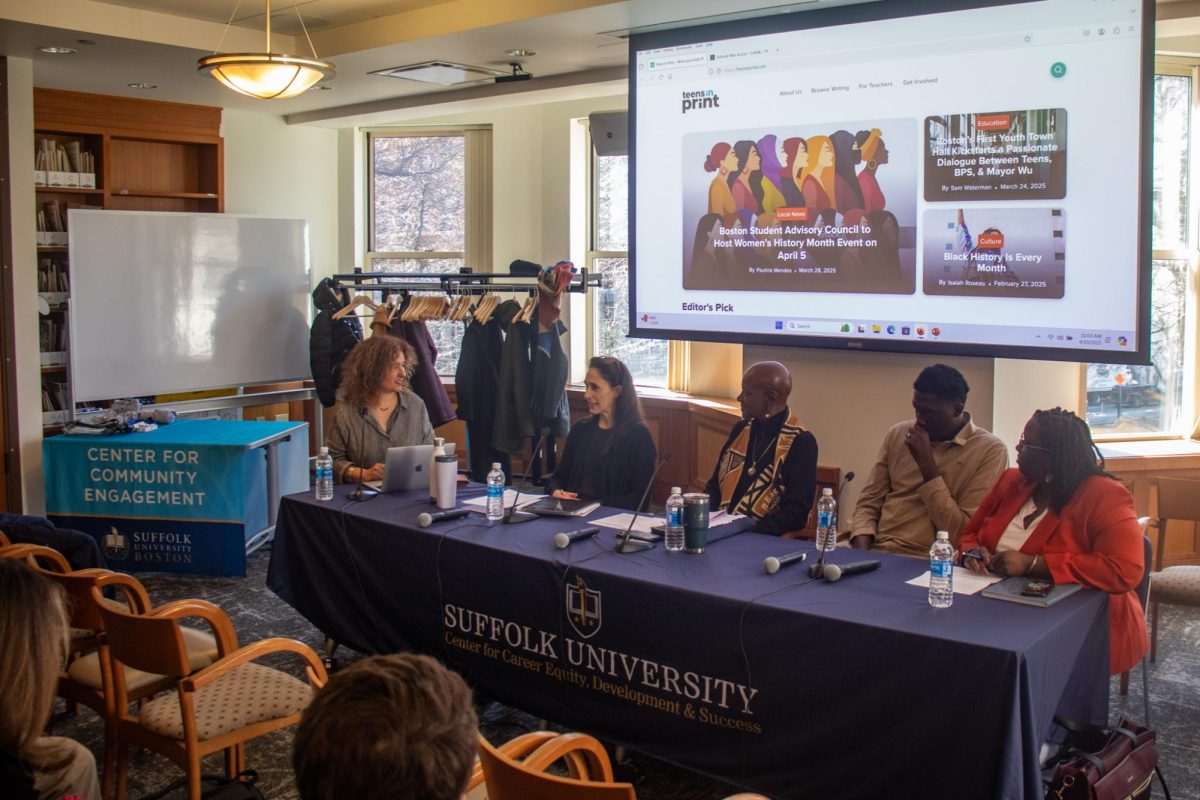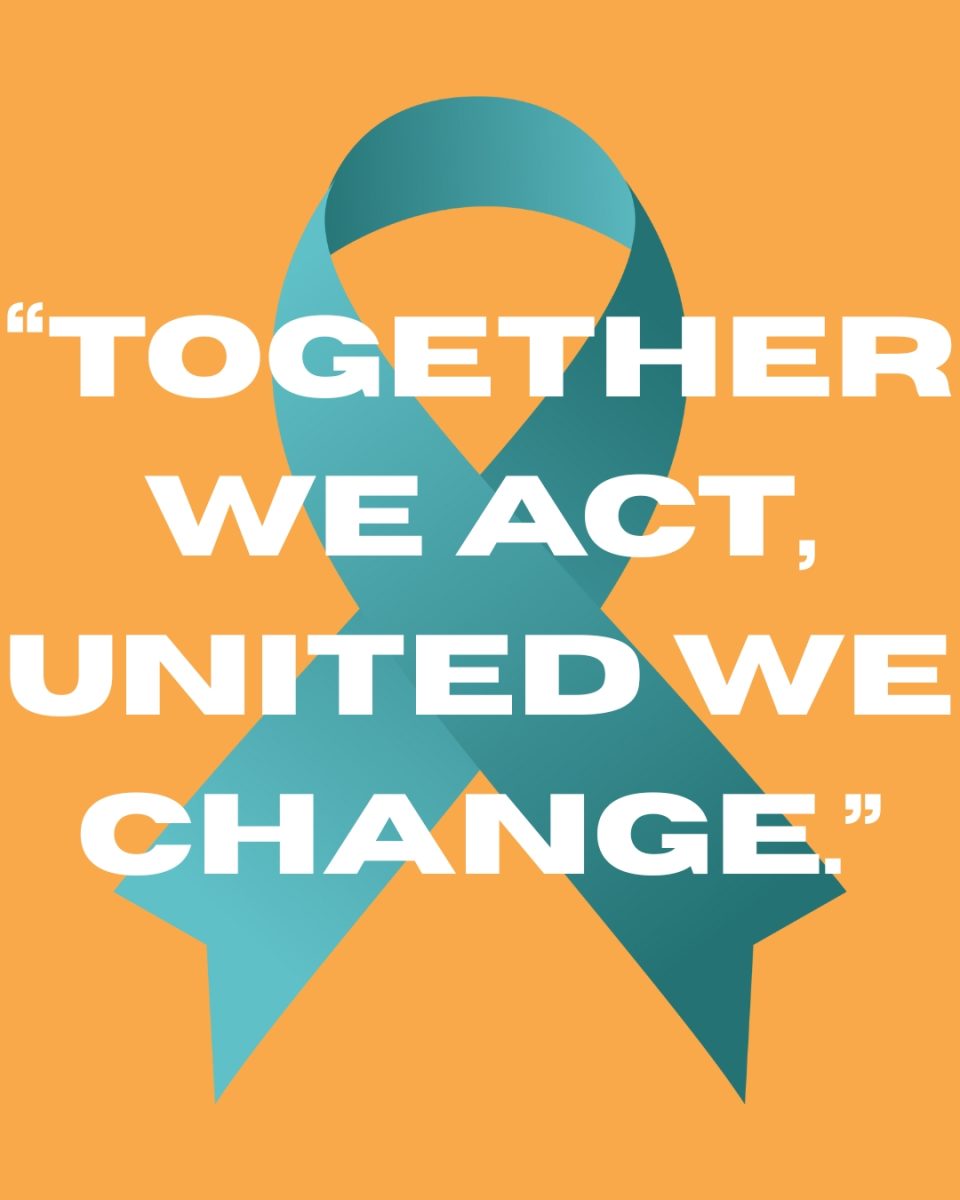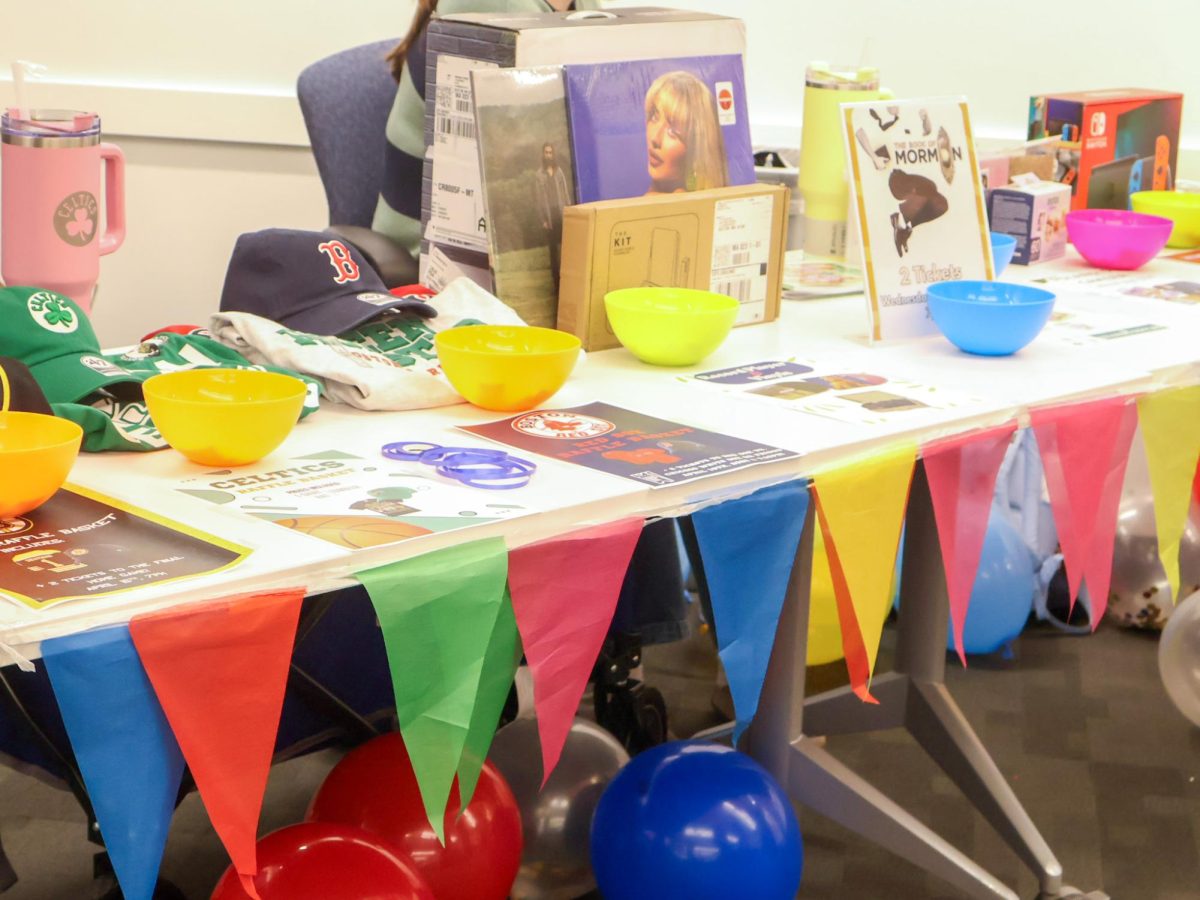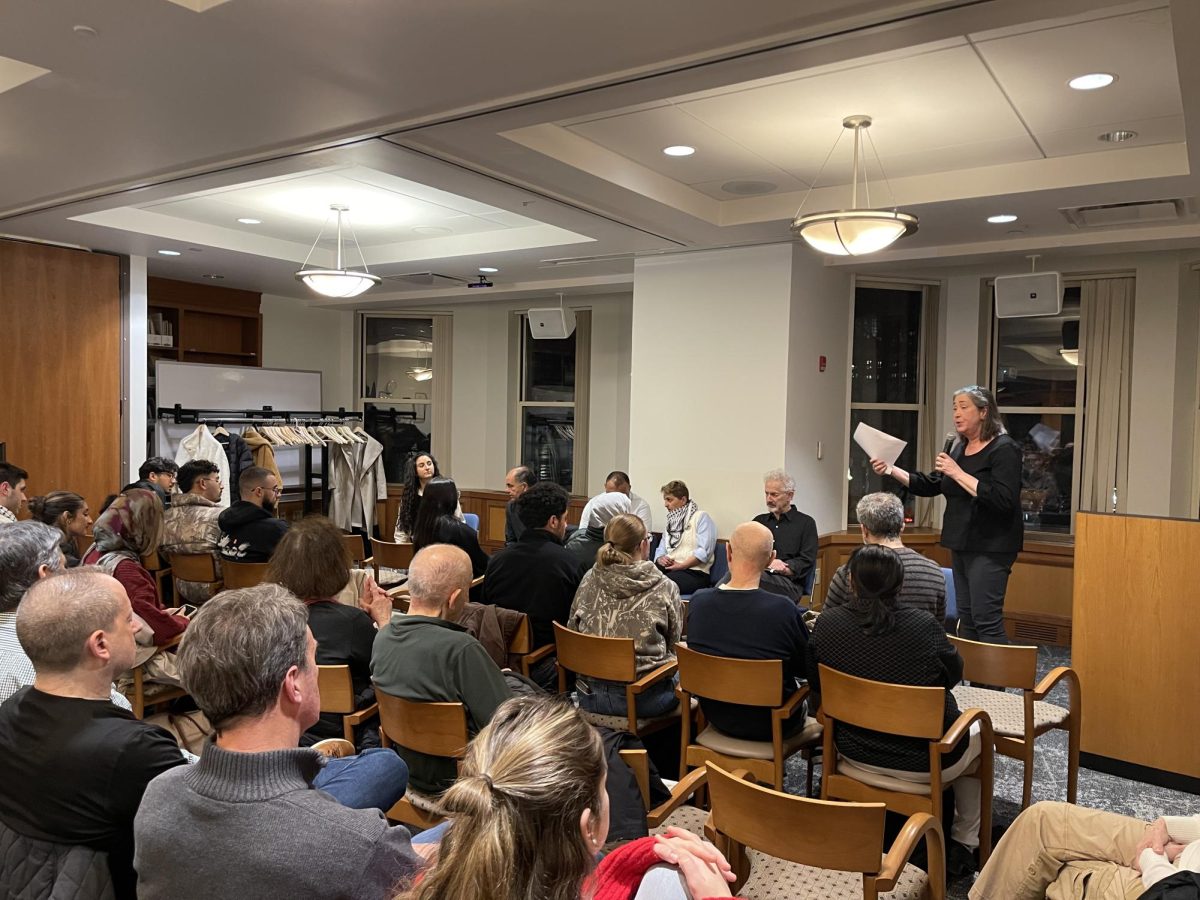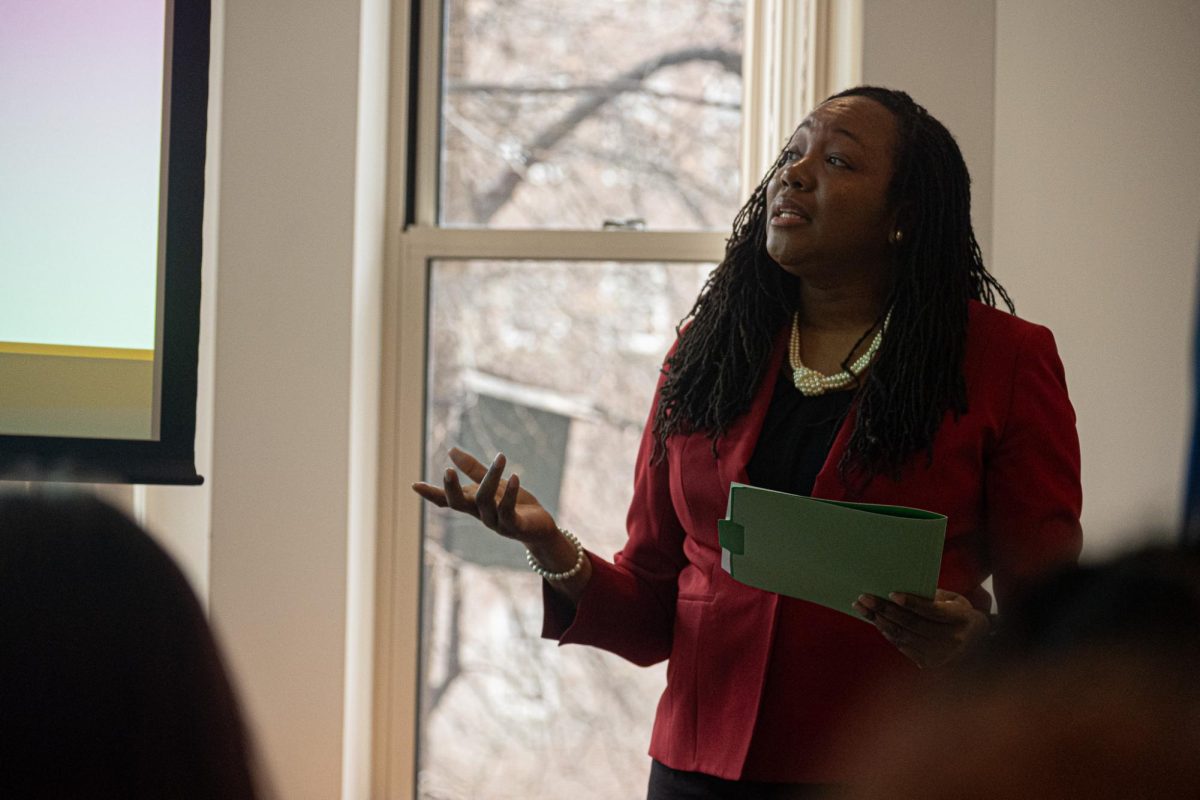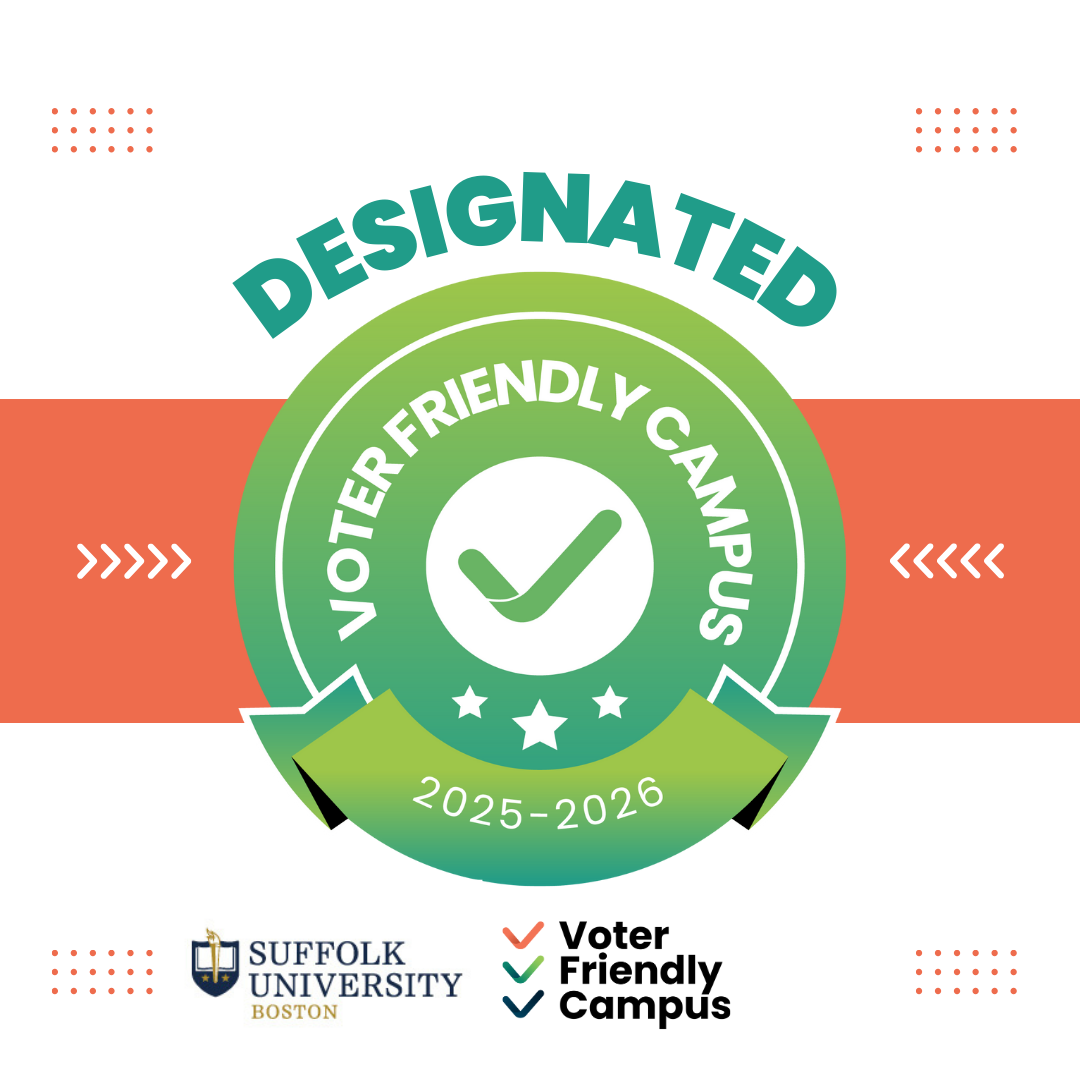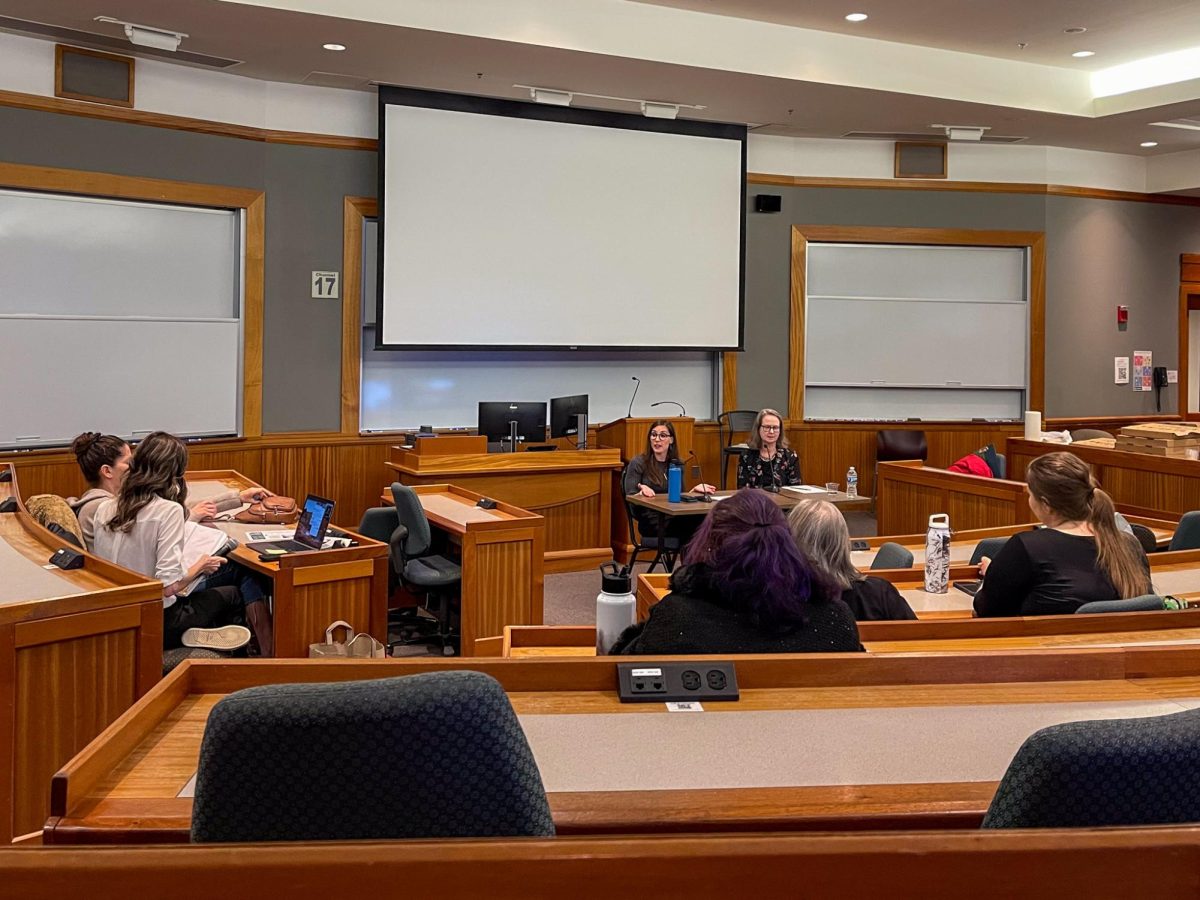
Suffolk University’s Sustainability Committee has influenced changes on campus in the last year to improve the student recycling experience, but has not yet addressed the education and behavior of students themselves.
The Suffolk Journal reported last year that key campus sustainability initiatives have seen a return after several years of absence, but that peer-to-peer student involvement remains a challenge.
In the past, examples of these peer-to-peer programs were the Eco-Ambassador position that allowed students to work in their own residence halls and serve as environmental peer educators, as well as the Suffolk Bikes program, which had students encourage other students to bike around campus.
“We used to have peer-interns that would go around to classes and talk to students about sustainability,” said Dr. Patricia Hogan, director of Suffolk’s Urban Ecology and Sustainability (CUES). “I think the peer-to-peer conversations are really valuable and students respond really well to them.”
Students are surrounded by paper waste in classes, and food packaging waste as they eat on-the-go. These types of waste in particular often contain both recyclable and unrecyclable elements, like a recyclable coffee lid with an unrecyclable coffee cup, or a recyclable food container contaminated with food scraps.
Due to the complexity of these types of recyclable materials, students are likely to introduce waste with unrecyable elements into a bin of recyclables. When a waste management facility decides that a bin has a percentage of unrecyclable contaminants that is too high, they will divert all of the waste to a landfill.
The majority of recycling bins available to students on campus are encountered while students are walking from class to class in academic buildings, which forces many decisions about waste disposal to happen within just a few seconds.
“Whether or not to put something in a recycling bin is not people’s major decision of the day,” said Hogan. “People are making that decision walking to class and they have other things on their minds, so the more you can make that a reflexive choice for the students, [the better].”
According to the Environmental Protection Agency (EPA), the average American person will produce about 5.9 pounds of trash each day, including an average of 1.3 coffee cups a day.
Waste Management, the national leader in trash disposal and recycling, said in 2018 that 25 percent of all recycled waste is contaminated with nonrecyclable items and has to be sent to landfills.
This issue of recyclable items being contaminated by nonrecyclable waste has been cited as a result of inherent issues with Single Stream Recycling, and a public that may lack some education as to what can and cannot be recycled.
Single Stream Recycling, the method of recycling used on campus at Suffolk, involves using a single bin for several types of paper, plastic, glass and metal recyclables, as opposed to asking students to separate these into different bins. Although this recycling method has reduced the amount of effort required to recycle, recent studies on the process have shown that individuals are more likely to contaminate the bin with unrecyclable materials and that it is more expensive than sorting recyclables.
Single stream removes the pressure of sorting from the consumer and instead asks recycling companies to use a combination of machinery and human-labor to separate the different types of materials.
“[Instead of this,] when you sort you have a better sense that the waste is going somewhere, where single stream seems more like a trash bin,” said Hogan. “So I could see more effort at the front end for the consumer, but I can see that it would lead to less contamination too.”
In June, the Boston Globe reported that this process has led to increases in the cost of waste disposal, as well as reductions in the amount of thought put into the recycling process.
“People don’t know what should go into recycling bins and that is what is contributing to the problem,” said Charles Batchelder, a senior environmental science major and active member of the Suffolk Environmental Club. “I think it is an out of sight out of mind problem, where they either don’t care or don’t know what goes into recycling bins.”
Massachusetts has had to face severe increases in the cost of waste removal and recycling as a result of an announcement in June that China will no longer take in several common types of recyclables for processing.
Cities and towns across the country have long relied on China and other countries to take their recyclables on a month-long trip across the ocean at a competitive price. As a result of this cost increase to the country’s waste removal process, it is likely to continue to become more expensive for public and private institutions to get rid of both trash and recyclables.
As highlighted by The Journal last year, the programs by which Suffolk successfully encouraged students to gain a greater understanding and motivation for recycling have all but disappeared after the Sustainability Coordinator Erika Mattison left the university and was not replaced.
“I think you would have to create interest in the topic of recycling just so people would take it more seriously,” said Batchelder. “This could be done by making it a competition where dorms monitor the amount that is recycled by students, by weight, to draw interest and excitement and to make students more aware of what they are required to do.”
This hypothetical competition that Batchelder described is very similar to a program that Suffolk used to do with students living on campus, which was shown to have increased the amount of waste recycled by students each month.
“The university has its own set of paradigms and policies that are part of its function as a member of the external community,” said Hogan. “Students are the key community in the university and they need their own agency on these issues to help with student motivation and student commitment.”







